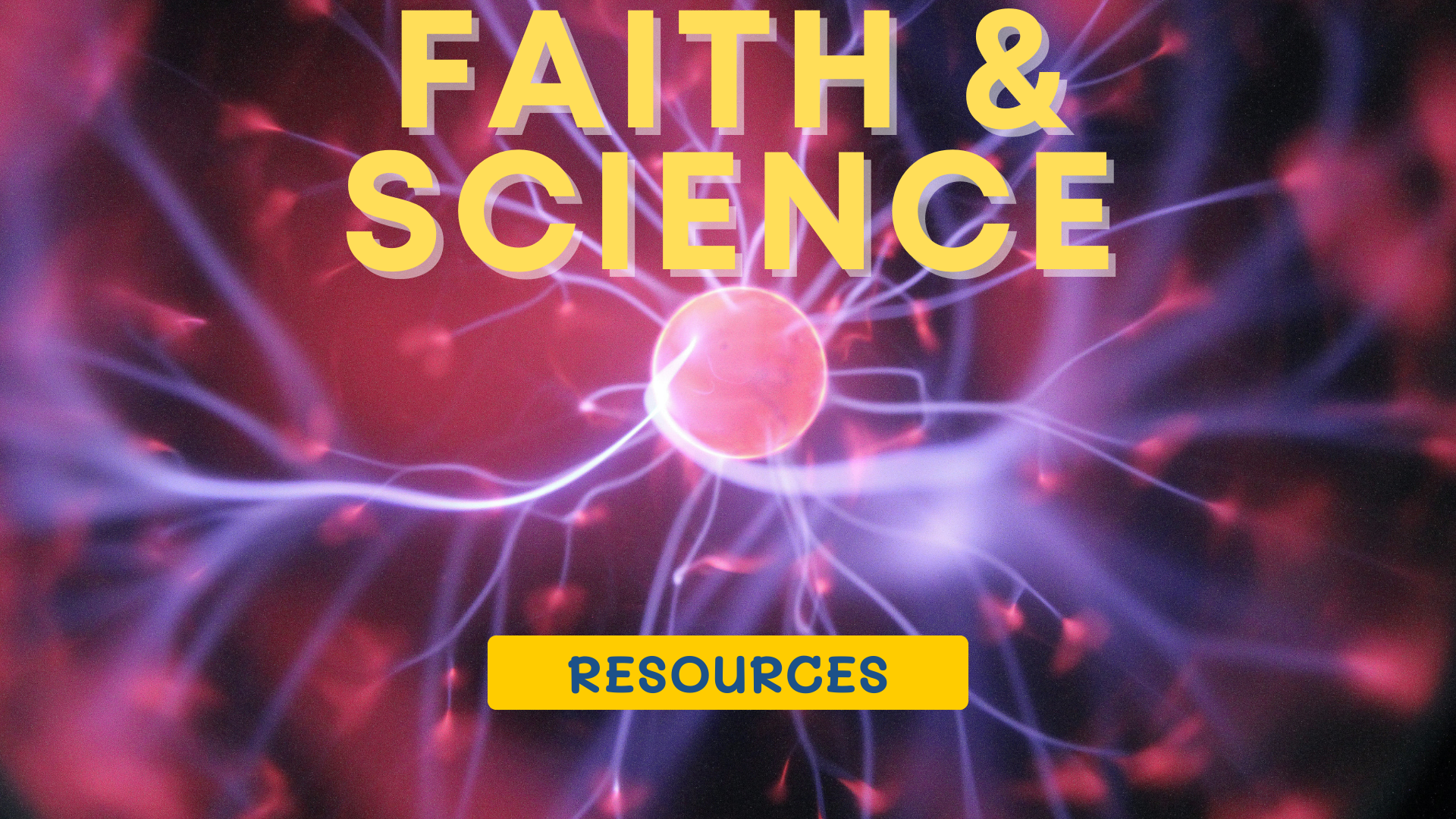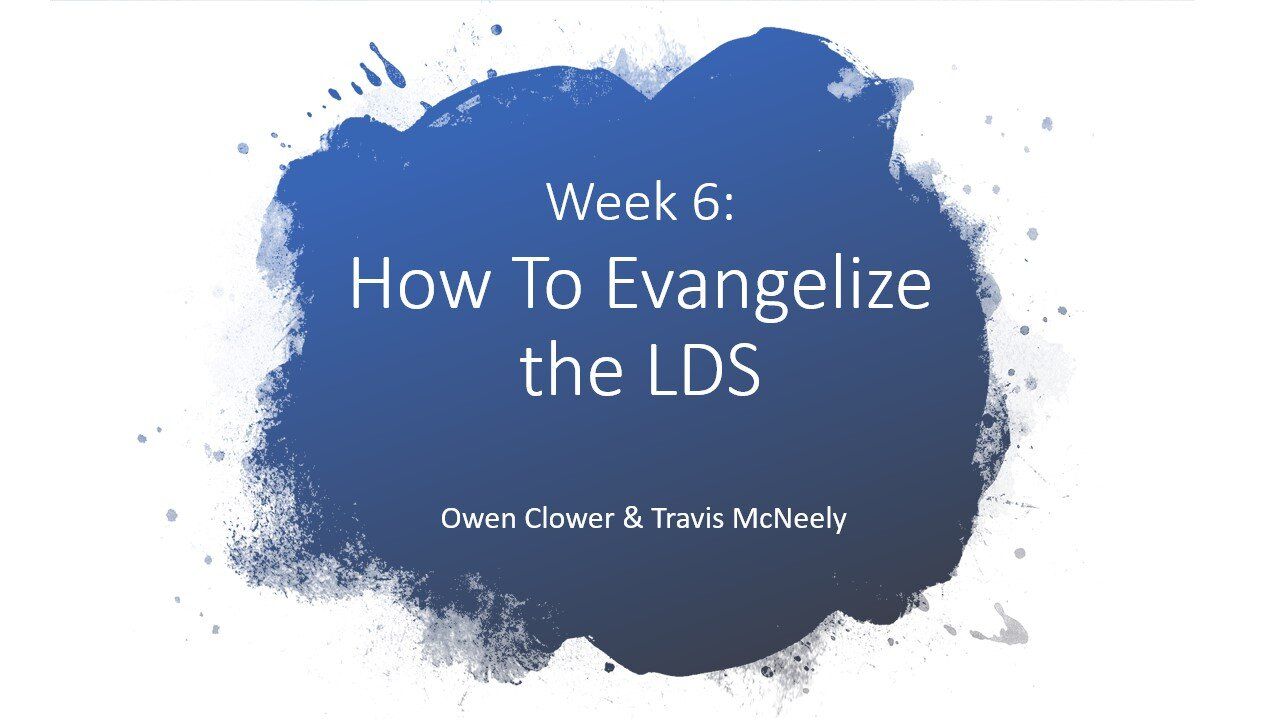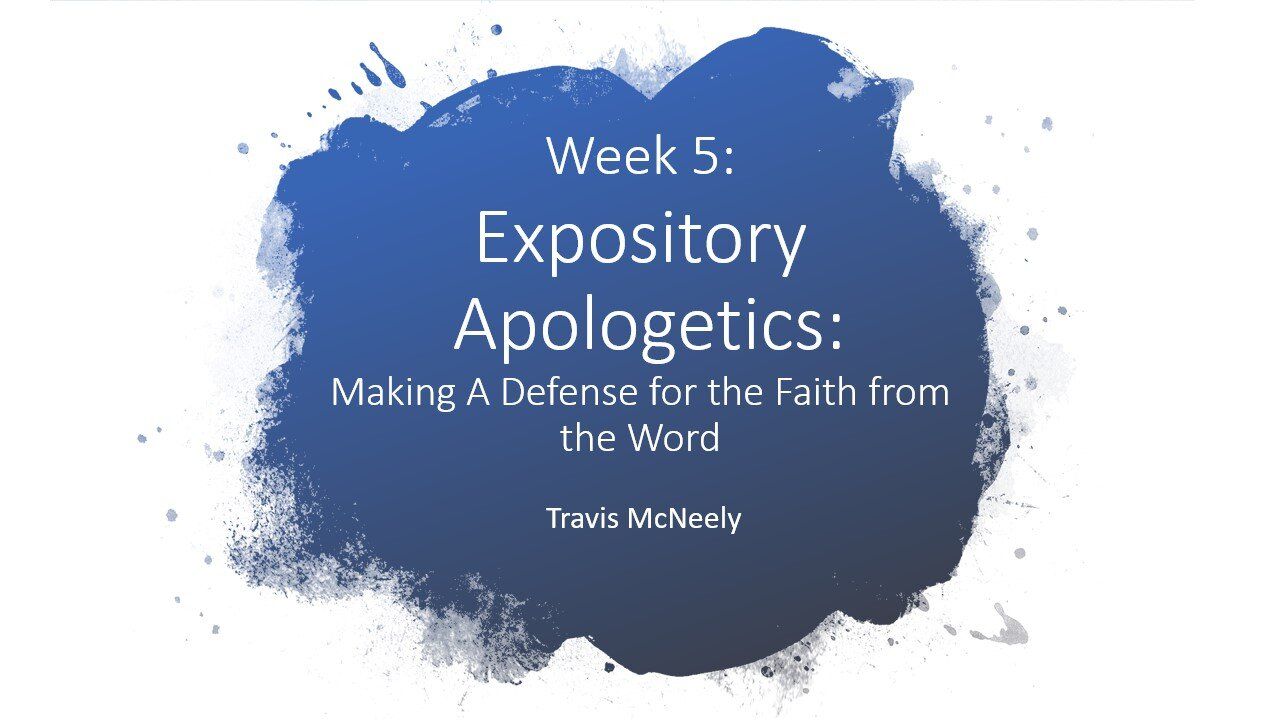God Keeps His Promises: Reflections From Preaching through the Book of Joshua

Every Wednesday night since August 2018, I have been preaching through the book of Joshua. The first of the Former Prophets. I have never preached an Old Testament book all the way through. It was so eye-opening, challenging, and rewarding.
Eye-Opening:
The structure of Joshua has leading verbs in each section and is labeled as so with some variances in different commentaries:
- Chapters 1-5 "Passing Over"
- Chapters 6-12 "Taking the Land"
- Chapters 13-21 "Allotting the Land"
- Chapters 22-24 "Serve"
By the end of the series, I had students master that outline. I'd open just about every sermon covering the structure of the book, and getting them to repeat it after me or to tell me what it is without my aid.
I learned so much about God keeping his promises. Specifically to Caleb & Joshua who were faithful spies before the wilderness wanderings. Caleb & Joshua function as bookends to the allotment of the land, which sits as a fitting reminder to the people of God receiving the land that God keeps his promises.
I learned so much about the importance of both geography and genealogy, or as Dempster says, "Dominion & Dynasty." God was just in his dealings with his people and I found it amazing how incredibly specific and available God's justice is, especially as I learned afresh about the Cities of Refuge.
Challenging:
Narrative texts are a challenge to preach, but learning from SWBTS profs to preach the text, "scene-by-scene" helped me paint the story of Joshua's conquest to my students. The biggest challenge I faced was both the apologetic explanation of the conquest and making the text come to life during the allotment section.
Regarding the Apologetics, I was speaking with people as young as twelve and some as old as adult parents. I wanted to be clear and bring depth to this topic without losing the students intellectually. The Canaanite Conquest was a challenge to some degree, but I found Paul Copan's work very helpful to explain the text and historical context well.
Rewarding:
Regarding the allotment section, I was surprised that once I dove deep in the study of these difficult chapters, that there was a treasure trove of information and application. I was amazed at the intricacies and details of the authors purpose. Specifically, in how he structured the allotment. It begins with Caleb's inheritance and ends with Joshua's--the two FAITHFUL spies. As if to highlight their faithfulness when the rest of the wicked generation wouldn't trust God.
Also in the allotment section, one thing I really enjoyed (besides learning how to pronounce odd names) was that when I imagined what the Israelites were experiencing through this, it totally changes your perspective on the text.
This land was promised .
Before their very eyes, they were being told specific places and boundaries of this promise. Tangibly receiving the promises of God. One commentator said that this allotment is Israel's own version of the song Great is Thy Faithfulness.
I couldn't help but see the beauty and goodness of God's faithfulness, which brings me to my favorite takeaway from the book. Joshua 21:43-45:
43 Thus the Lord gave to Israel all the land that he swore to give to their fathers. And they took possession of it, and they settled there. 44 And the Lord gave them rest on every side just as he had sworn to their fathers. Not one of all their enemies had withstood them, for the Lord had given all their enemies into their hands. 45 Not one word of all the good promises that the Lord had made to the house of Israel had failed; all came to pass.
Not. one. word.
Not one word of all the good promises that the Lord had made..had failed; all came to pass.
God's faithfulness is what I took away from this chapter. Over a span of 400+ years he proved his faithfulness to his people. And when his people failed as we see at the end of Joshua and through Judges, God was still faithful.
The theological reflection upon this book is that God is our salvation (the meaning of Joshua's name). He faithfully provides for what we need. Our most basic need is to be ransomed by Jesus. In Jesus was receive the promised inheritance that we have been born again into. As the Apostle Peter wrote: "3 Blessed be the God and Father of our Lord Jesus Christ! According to his great mercy, he has caused us to be born again to a living hope through the resurrection of Jesus Christ from the dead, 4 to an inheritance that is imperishable, undefiled, and unfading, kept in heaven for you, 5 who by God's power are being guarded through faith for a salvation ready to be revealed in the last time." (1 Peter 1:3-5).
I hope that if you ever study the book of Joshua that you will walk away trusting in our promise-keeping God more than you ever did. Standing firm before God with an attitude of eager anticipation of the eternal inheritance that awaits you in glory.
- List of Helpful Resources:
- Is God a Moral Monster? by Paul Copan
- Joshua: No Failing Words by Dale Ralph Davis
- Joshua (NICOT) by Marten Woudstra
- Dominion & Dynasty by Stephen Dempster
Want To Book Me for Your Event or Conference?
Fill out the form below and we'll be in touch!
Book Travis McNeely
We will get back to you as soon as possible
Please try again later
More posts like this...




